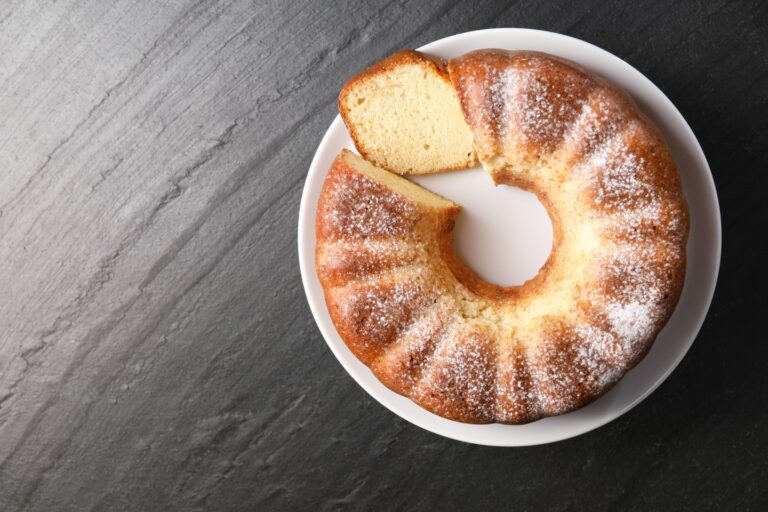Feeling Motivated to Help Others “Get Back On Track”?
Paralympians have been pushed to the limits recently in the Pyeonchang Winter Olympics and the 2018 Commonwealth Games which concluded just last week. The Winter Paralympics was the biggest and most-viewed Winter Paralympics to date and the 2018 Gold Coast Commonwealth Games was the first time a sporting event combined both able bodied and disabled sessions in one competition rather than having a separate competition for people with physical disabilities. This in itself demonstrates how sport is a great way of being inclusive and provided the perfect opportunity to bear witness to the truly remarkable achievements of the Paralympians and Para-athletes involved.
For those viewing at home it was hard not to feel moved when watching the feats of the extraordinary athletes, such as those of Menna Fitzaptrick and Millie Knight who between them alone won seven medals for Great Britain. At the Commonwealth Games, Lizzie Tench, came 5th and scored her best ever swim and bike performance in the paratriathlon in Brisbane. This is only 6 years after she became spinal cord injured following a road traffic accident in 2012.
The skill and determination exhibited by the athletes involved make it easy to forget that for many people living with a disability the simplest of everyday tasks can present a difficult challenge to overcome.
Often, the problems presented to those living with a spinal cord injury can be easily overlooked and even the most simplest of solutions has the potential to immensely improve the lives of these living with such an injury.
At Bolt Burdon Kemp, our dedicated spinal injury team launched a student design competition in December 2017 to inspire students to design a product that will help improve the lives of those living with a spinal cord injury.
The aim of the competition is to not only raise awareness of the challenges experienced by those living with spinal cord injury, but to also encourage innovation within the student community to design a product that could help improve the lives of others.
The competition closes on 21st May 2018, with the winning entry receiving: a £3,000 prize; £2,000 awarded to their university; and the opportunity to undertake a week’s placement at Cerebra’s research centre.
The competition is open to both individuals and teams of up to four members. Both undergraduates and postgraduates are invited to their submit entries.
For the full brief and terms & conditions, please visit the Design The Change competition page.










